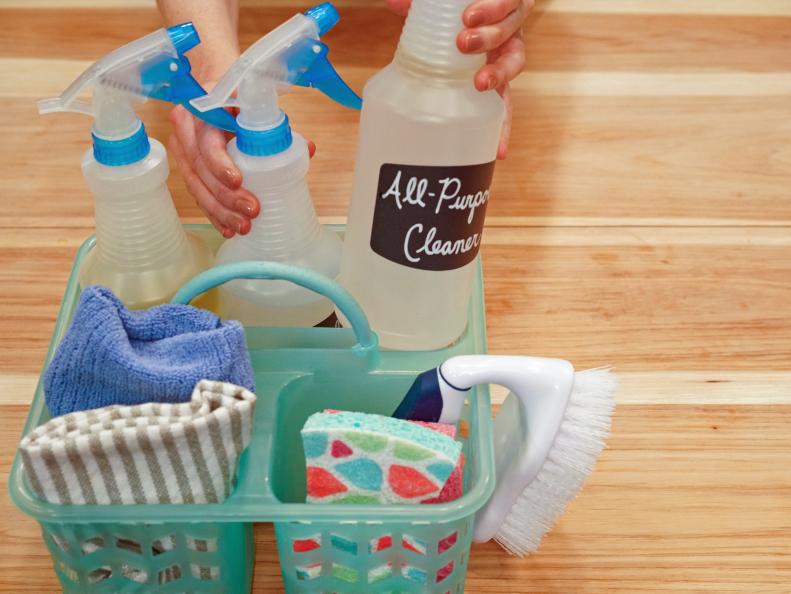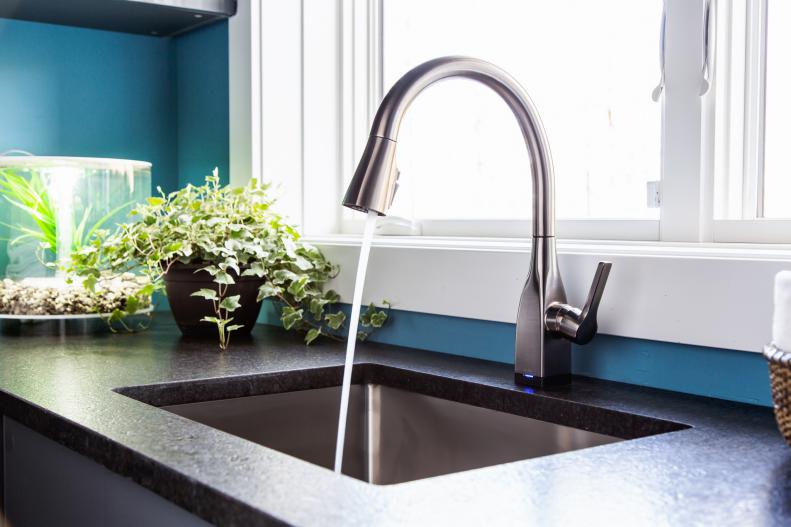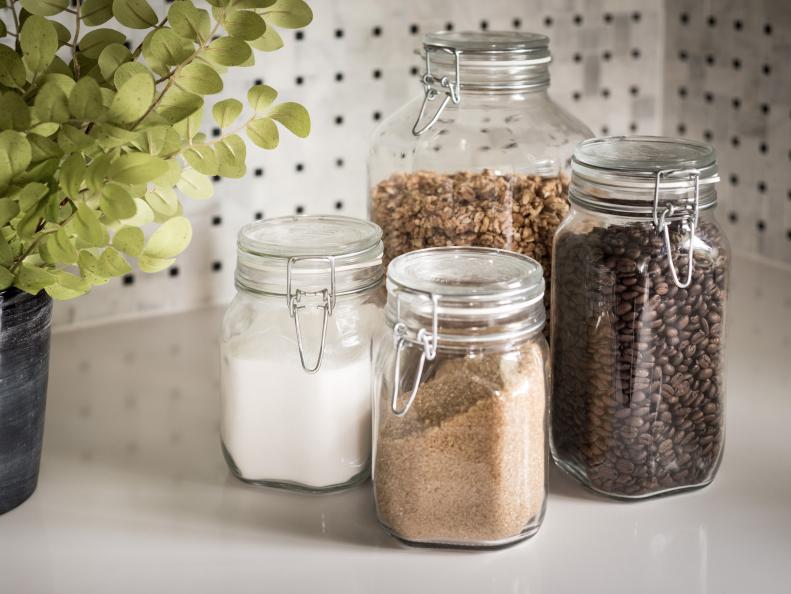1 / 10
Lose the Plastic Bags and Plastic Wrap
There are so many alternatives to wrapping your lunch and your leftovers in disposable petroleum-based products! You can get reusable bags for food made of canvas and silicone. You can get a reusable bag made of non-toxic plastic that zips up. Another option is adorable fabric wraps for food that stay put through the power of beeswax. Warm the fabric with your hands and the wax softens. Drape it over the bowl or wrap a bit of food in it, and the wax cools, creating a seal.









